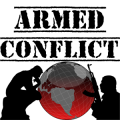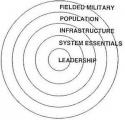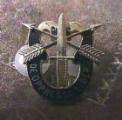http://www.foxnews.com/story/0,2933,520779,00.html
Iran Says It Test Fired Missile That Could Hit Israel, U.S. Bases in Mideast
The U.S. has criticized Iran's missile development and said such launches stoke instability in the Middle East.
The solid-fuel Sajjil-2 surface-to-surface missile tested has a range of about 1,200 miles, far enough to strike at southeastern Europe......."












Bookmarks